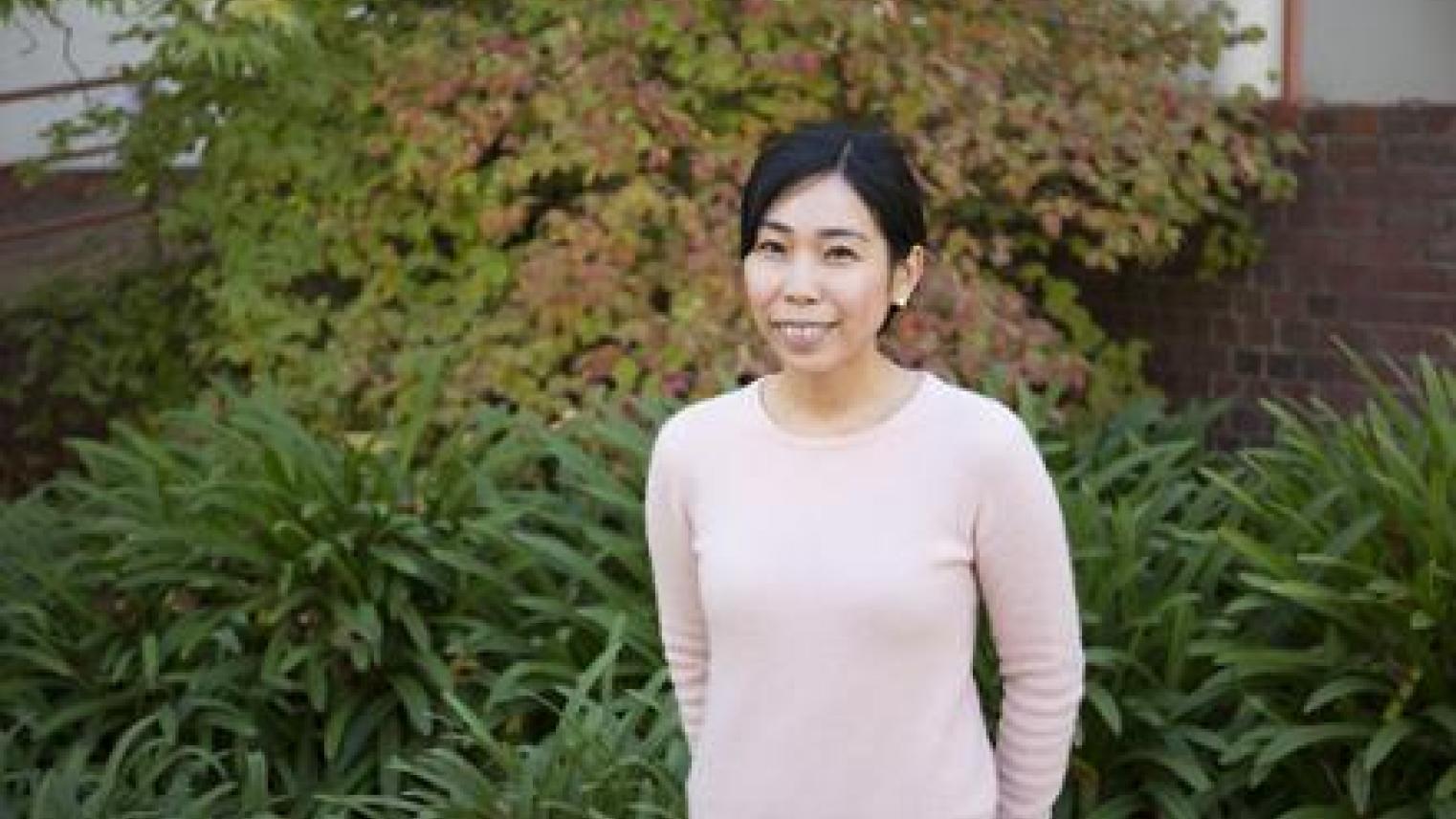Mai Sato takes up role of MCJR convenor

Joining The Australian National University (ANU) in February 2019, Dr Mai Sato is an expert on the death penalty, miscarriages of justice, trafficking of goods, policing and international human rights law. Formerly based in the United Kingdom, Dr Sato is a Fellow at ANU College of Asia and the Pacific’s School of Regulation and Global Governance and the convener of the School’s Master of Criminology, Justice and Regulation. She spoke to us about her research, what attracted her to ANU and her hot tip for the best food in Canberra.
Tell us a little about your background.
I was born and raised in Tokyo. I briefly went to a Japanese university but dropped out and ended up graduating from a UK university. I returned to Tokyo and worked for a life insurance company (not sure why!) for a few years before returning to the UK to do a PhD.
What attracted you to ANU?
After Brexit, I started thinking about leaving the UK. Around this time, I was informed about a new postgraduate program, the Master of Criminology, Justice and Regulation, which was being launched at RegNet. I thought a postgraduate criminology program with a focus on Asia and the Pacific that examines deviance from an interdisciplinary perspective was unique and important. I’m very excited be the new convenor for this program.
How long have you been in Canberra now?
I landed on 25 January 2019 (it was 41 degrees!) - one day before Australia Day - so I have been in Canberra three and a half months. After waiting for a bus that comes only once every hour, I decided that I need to drive. I’ve always lived in cities (Tokyo/London/Oxford) where you don’t really need a car. I’m learning to drive for the first time and I hope to get my provisional license soon(ish). If you see me driving with a P plate on campus, please be patient with me.
What’s the best food you’ve had here so far?
My favourite cuisine is Vietnamese and there are great eateries in Canberra - my favourite so far is Bistro Nguyen’s on Alinga Street.
What policy areas are you interested in?
I’m interested in death penalty policies around the world. My work to date has looked at the death penalty in Japan, Malaysia, India, and Zimbabwe. I’m currently involved in death penalty projects in Kenya and the Philippines. Given the majority of executions take place in Asia, I think I made the right choice to move to Australia.
What’s the piece of work you’re most proud of?
I’m most proud of outputs which are not typical academic outputs. A social experiment that I organised was made into a documentary - The Wavering Public? The Death Penalty, Justice and Public Opinion (available with English subtitles). The film explores what the death penalty means to ordinary citizens living in a retentionist state. This documentary and the accompanying report influenced the decision by the Japan Federation of Bar Associations to become an abolitionist organisation for the first time in October 2016.
I’m currently setting up an NGO - CrimeInfo - in Japan with Dr Maiko Tagusari, a human rights lawyer based in Tokyo. Our NGO aims to provide information on the death penalty and criminal justice issues.
What are you looking forward to most in your new role?
I’m looking forward to collaborating with Australia-based researchers and NGOs. I’m excited to learn about the recent launch of the Anti-Death Penalty Institute. I’m also inspired by the work that Julian McMahon AC, Sara Kowal and Matthew Goldberg do for the Capital Punishment Justice Project (Sara also runs the Anti-Death Penalty Clinic at Monash University). We are currently involved in a project that examines LGBTQI+ prisoners on death row.
_Interested in the Master of Criminology, Justice and Regulation? For more information, visit our program page, or hear from our students; Nada Jevtovic is using her skills to take on money laundering and Sally Commins is seeking to better understand criminal behaviour._